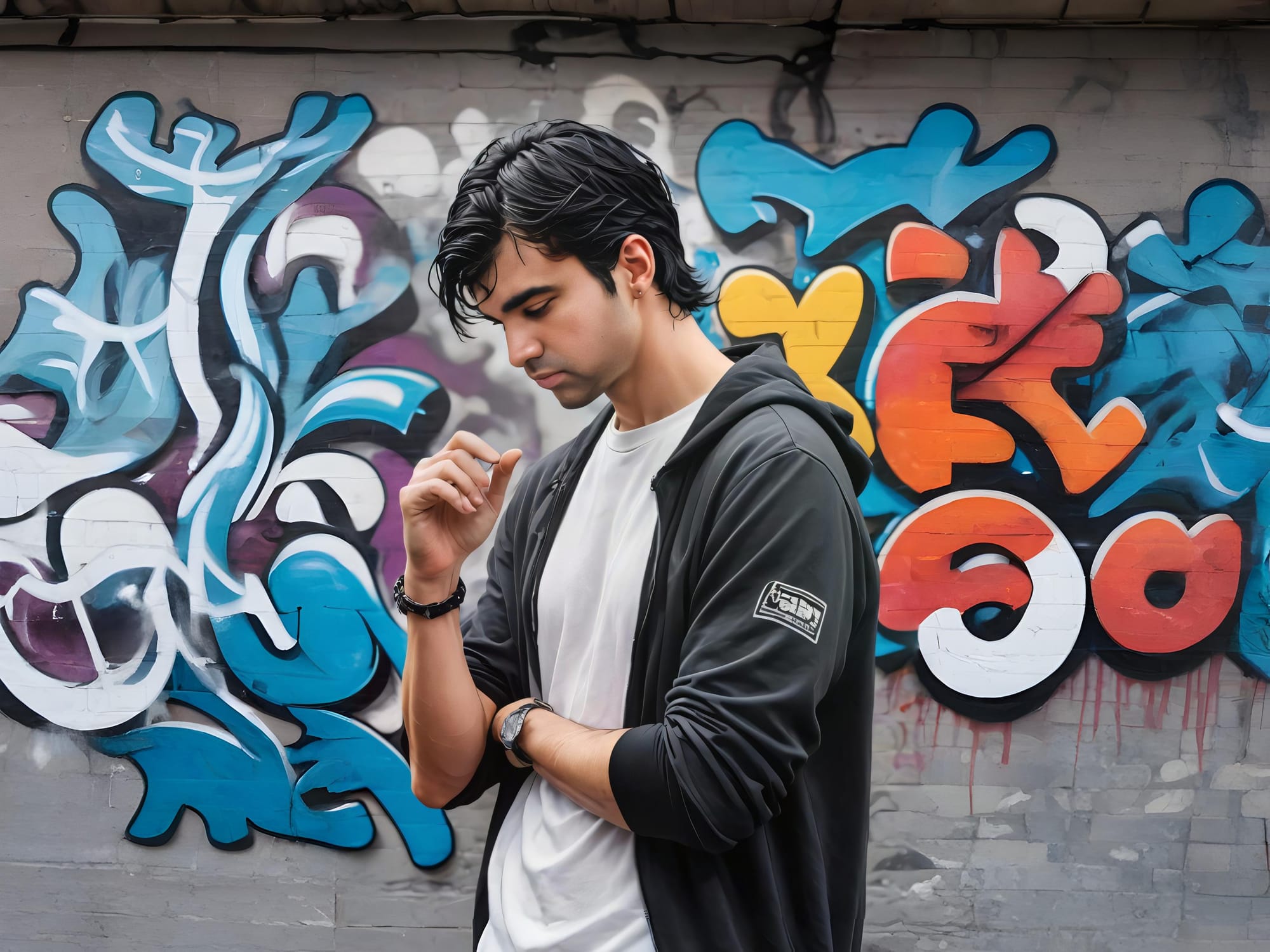One Person, One Vote: Exploring the Future of Inclusive Voting Systems
Explore the evolving landscape of voting systems and how future technologies can ensure every vote counts.

As someone deeply immersed in the world of futuristic technologies, I, Srinidhi Ranganathan, have always been fascinated by the intricate ways technology shapes and enhances our lives. My work with SUN-INTELLIGENCE 3.0, an advanced system orchestrating millions of artificial and augmented intelligence entities, has given me a unique perspective on the transformative power of technology. Today, I want to dive into a topic that holds a special place in my heart: the evolution of voting systems and how technology can ensure that each person's voice is heard in a truly inclusive manner.
The concept of "One Person, One Vote" is foundational to democratic societies. Yet, as we stride into the future, the mechanisms behind this principle are undergoing radical changes. Our traditional voting systems, while groundbreaking in their inception, are facing new challenges that call for innovative solutions. This exploration into the future of inclusive voting systems will reveal how technology can bridge gaps and ensure that every individual's vote is counted fairly and securely.
A Journey Through Time: From Paper Ballots to Digital Solutions
Historically, voting began with simple paper ballots, an effective yet cumbersome method. With the advent of digital technology, we saw the introduction of electronic voting machines, promising efficiency and reducing human error. However, these systems, while a leap forward, are not without their flaws. Concerns over security and accessibility remain prevalent. Today, as we look ahead, we must consider how emerging technologies can address these concerns and build upon the progress made.
Blockchain: The Guardian of Electoral Integrity
One of the most promising advancements in voting technology is blockchain. This decentralized ledger system offers a level of transparency and security that traditional voting methods struggle to match. Imagine a voting system where every transaction (or vote, in this case) is recorded in a tamper-proof ledger. This technology not only ensures the integrity of each vote but also provides a verifiable audit trail, making election tampering a thing of the past. As we continue to develop this technology, the potential for blockchain to revolutionize voting systems becomes increasingly apparent.
Artificial Intelligence: Enhancing Accessibility and Engagement
Artificial Intelligence (AI) is another game-changer in the realm of voting. From chatbots that assist voters with information to AI-driven systems that analyze voting patterns and predict potential issues, AI's role in voting is expanding. AI can also help address accessibility issues, ensuring that individuals with disabilities or those who face language barriers can participate fully in the democratic process. By leveraging AI, we can create more personalized and accessible voting experiences, ultimately leading to greater voter engagement and satisfaction.
Virtual Voting: The Next Frontier
As remote work and virtual interactions become more commonplace, it's only natural that voting would follow suit. Virtual voting platforms, facilitated by secure online environments, offer unprecedented convenience. However, the challenge lies in ensuring that these platforms are secure and accessible to all eligible voters. By incorporating advanced encryption techniques and rigorous security protocols, we can make virtual voting a viable and trustworthy option for the future.
Addressing the Digital Divide: Ensuring Equity in Voting
A crucial aspect of modernizing voting systems is addressing the digital divide. While technology has the potential to enhance voting accessibility, it can also inadvertently exclude those without access to digital tools. To achieve true inclusivity, we must ensure that technological advancements do not leave behind marginalized communities. This involves investing in infrastructure, providing digital literacy programs, and creating hybrid voting systems that accommodate both traditional and digital methods.
Looking Forward: The Path to a Truly Inclusive Voting System
As we forge ahead, the future of voting systems promises to be both exciting and challenging. By embracing innovative technologies such as blockchain, AI, and virtual voting platforms, we have the opportunity to create a more secure, accessible, and inclusive electoral process. It is our responsibility to ensure that these advancements are used to enhance democracy and give every individual a fair and equitable voice.
In conclusion, the journey towards a more inclusive voting system is one of both technological innovation and social responsibility. As we continue to push the boundaries of what's possible, let's remain committed to the core principle of "One Person, One Vote," ensuring that every voice is heard and every vote counts.
If you're passionate about exploring these technological frontiers further or seeking guidance on navigating the future of digital systems, I invite you to connect with me for a one-on-one mentorship session. Click here to book your session with me, Srinidhi Ranganathan, and let's chart the course to a brighter, more inclusive future together.




